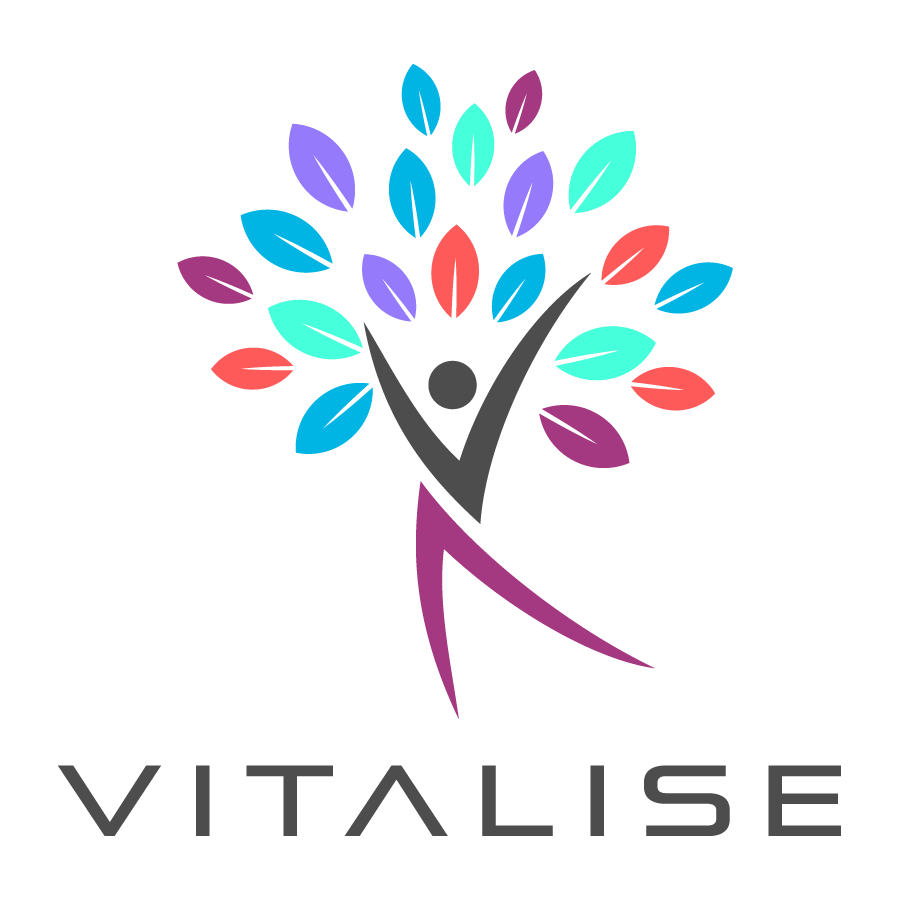R&D Services
R&D services refer to a group of common R&D services, which a Living Lab can offer to its customers during the different Living Lab R&D process phases. Each service combines one or more data collection approaches or other activities. R&D Services are parts of the Living Lab standard needed to accomplish a living lab R&D project as a whole or part of it. Each service description defines the type of service and additional details related to service delivery such as technical and functional quality. Living lab R&D services are classified into the following categories:
Networking and capacity building
Project planning and management
Market and competitor intelligence services
Co-creation
Testing and validation
Advisory services
Marketing and sales support
It is noted that some of the services can be included in multiple categories
Depending on the nature and the scope of each service, the structure and the elements of the descriptive information vary. Bellow, follows a brief explanation of the R&D services structure:
Section | Description |
|---|---|
Description | In the description field it is given a general overview of the service (e.g., definition, scope, followed processes etc.) |
R&D service categories | Here it is indicated the category (or categories) to which belongs the service |
Key characteristics in living lab context | In this field are highlighted the most important points/aspects of the service in a Living Lab framework |
Pre-tasks | By pre-tasks we mean the several steps that are considered important to be completed before the delivery of the service |
Participants’ role | Participants’ role refers to the particular actions/activities that are expected to be achieved by the stakeholders during the service delivery |
Objectives | In this part are identified the various goals that are envisaged to be accomplished during the delivery of the service |
Methods | This field refers to the methodology that stakeholders could follow for the service implementation (e.g., focus groups, training sessions, workshops, seminars, presentations, interviews etc.) |
Tools | By tools we mean the specific instruments which could be possibly exploited during the service (e.g., questionnaires, sensors, Teams meeting, Zoom, whiteboards etc.) |
Process phase | Here it is indicated the phase or stage during which the service is usually delivered |
